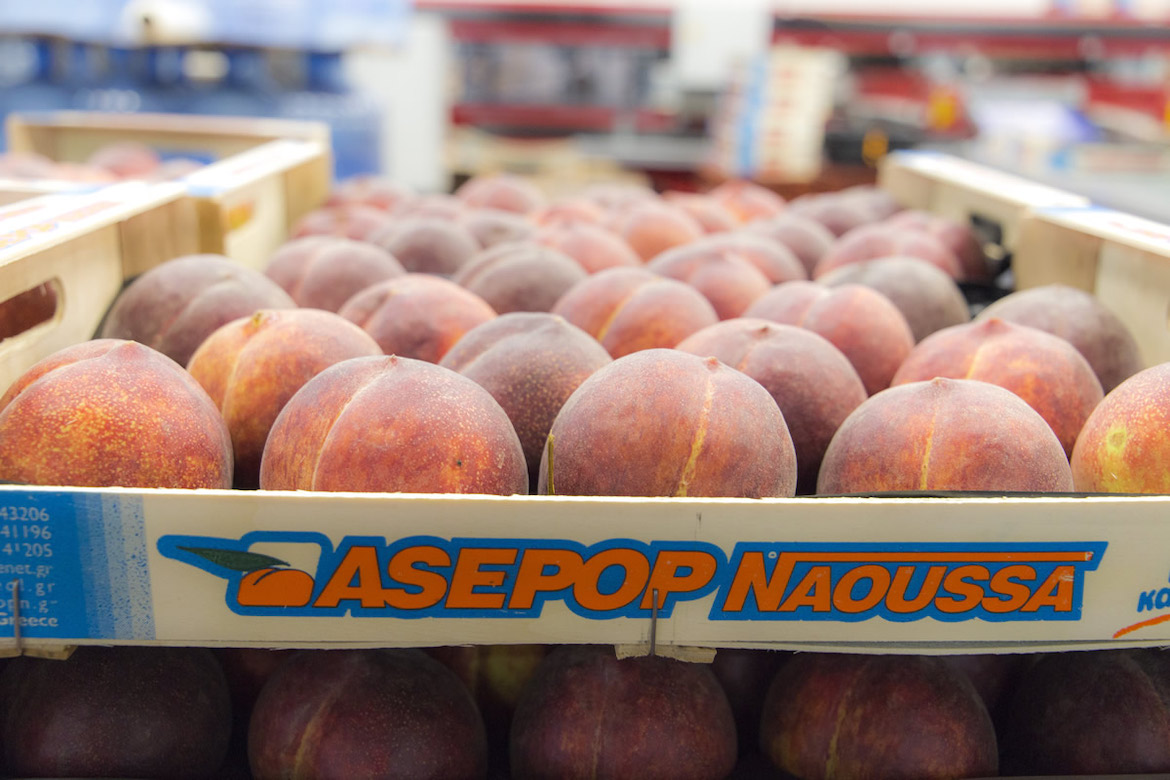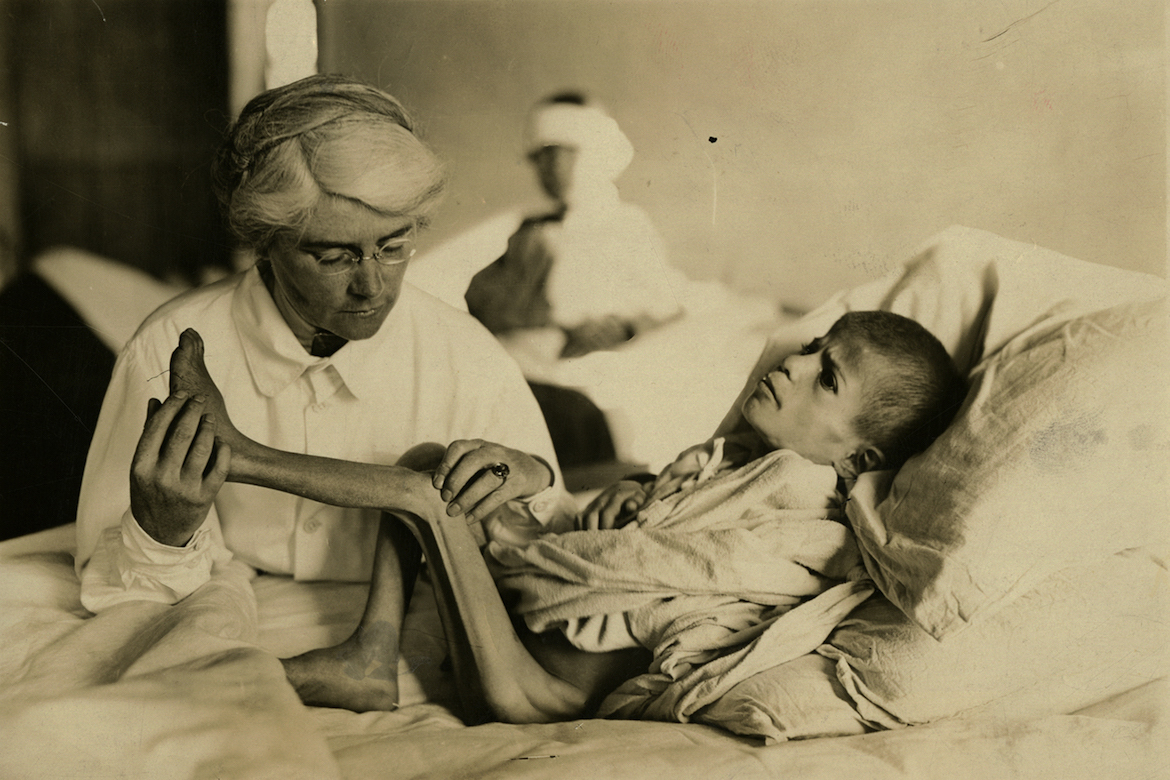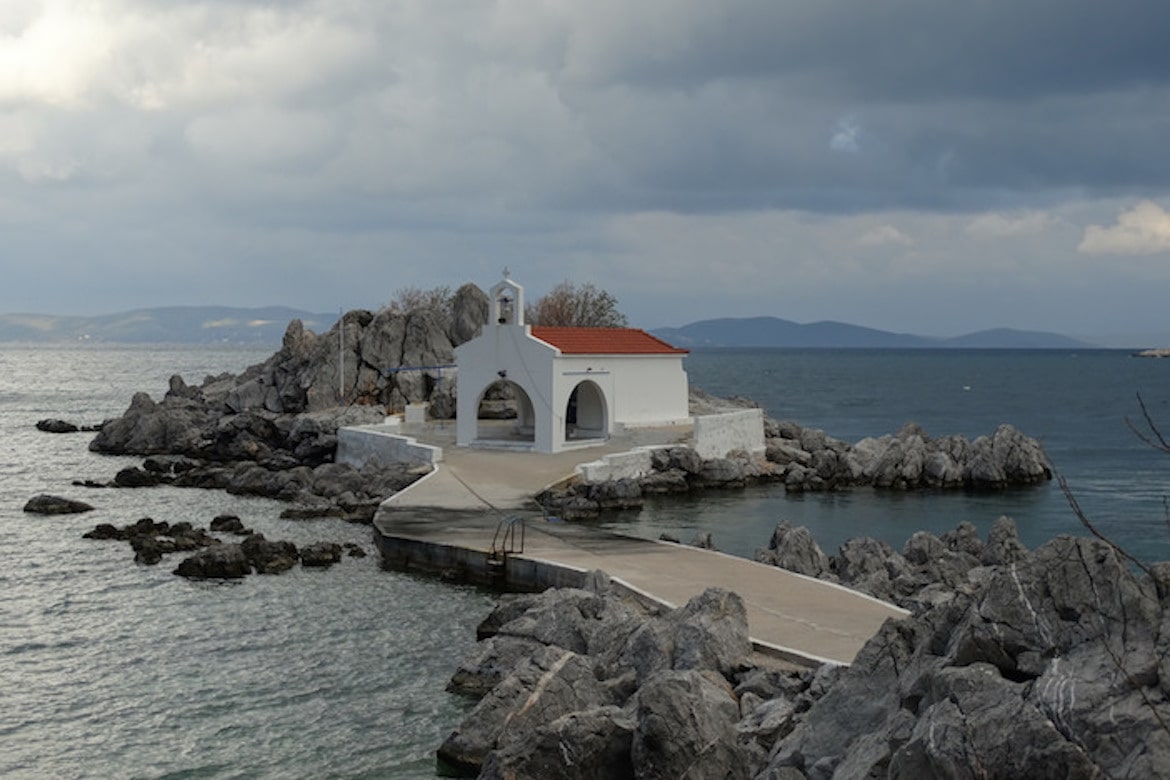A Reuters report shares the angst of peach growers in northern Greece– home of one of Greece’s most economically-viable crops that thrived– even during a decade of financial crisis.
The peach crop of northern Greece “survived a decade of economic crises but possibly not President Donald Trump,” according to the report.
Greece is the world’s biggest exporter of canned peaches with about one fifth of its 250,000 ton annual production absorbed by the U.S. market. This fertile plain straddling the regions of Imathia and Pella in central Macedonia is one massive peach orchard.
Prior to U.S. President Donald Trump’s trade war with Europe, canned peaches had an import tax of 18 per cent.
Trump’s new tariffs– which seek to punish European producers of things like Scotch whiskey and Spanish cheese over an argument over jetliners, will increase the Greek peach tax to 43 per cent.
The peach farmers of northern Greece had a message for the American President: Stay out of their business.
“Trump would do well to behave himself and let us get to work so we can have a livelihood,” said peach farmer Tasos Halkidis. “We don’t want this tariff business.”
Kostas Apostolou, head of the Greek Canners Association, told Reuters that the dispute is threatening the livelihood of Greek farmers and will potentially shut them out of their biggest market.
The increase in tariffs went into effect on Oct. 18, just as Greek exporters were in the process of shipping 50 million tins to U.S. markets.
Many customers in the United States– catering companies that supply hospitals, schools and the military– have either canceled orders or have said they cannot pay for any tariff increase.
“Suddenly there was this (trade) war… We could never imagine that this could affect our jobs here in this small area,” Apostolou said.
Producers will have a hard time selling the excess product in other markets since production is geared to the U.S. market with specific 3-kilogram tins. European, Asian and Latin American markets require 1-kg tins.
According to the Reuters report, the Greek Canners Association and other industry experts say that about $50 million will be lost– a vital pice of income for an agricultural region in Greece which already has a high unemployment rate.
“It’s a shock,” says Eleftherios Saitis, who built one of the first can factories in the early 1970s.
Click here to see Award-winning Photographer Alexandros Maragos’ stunning photos from Greece’s peach groves
















